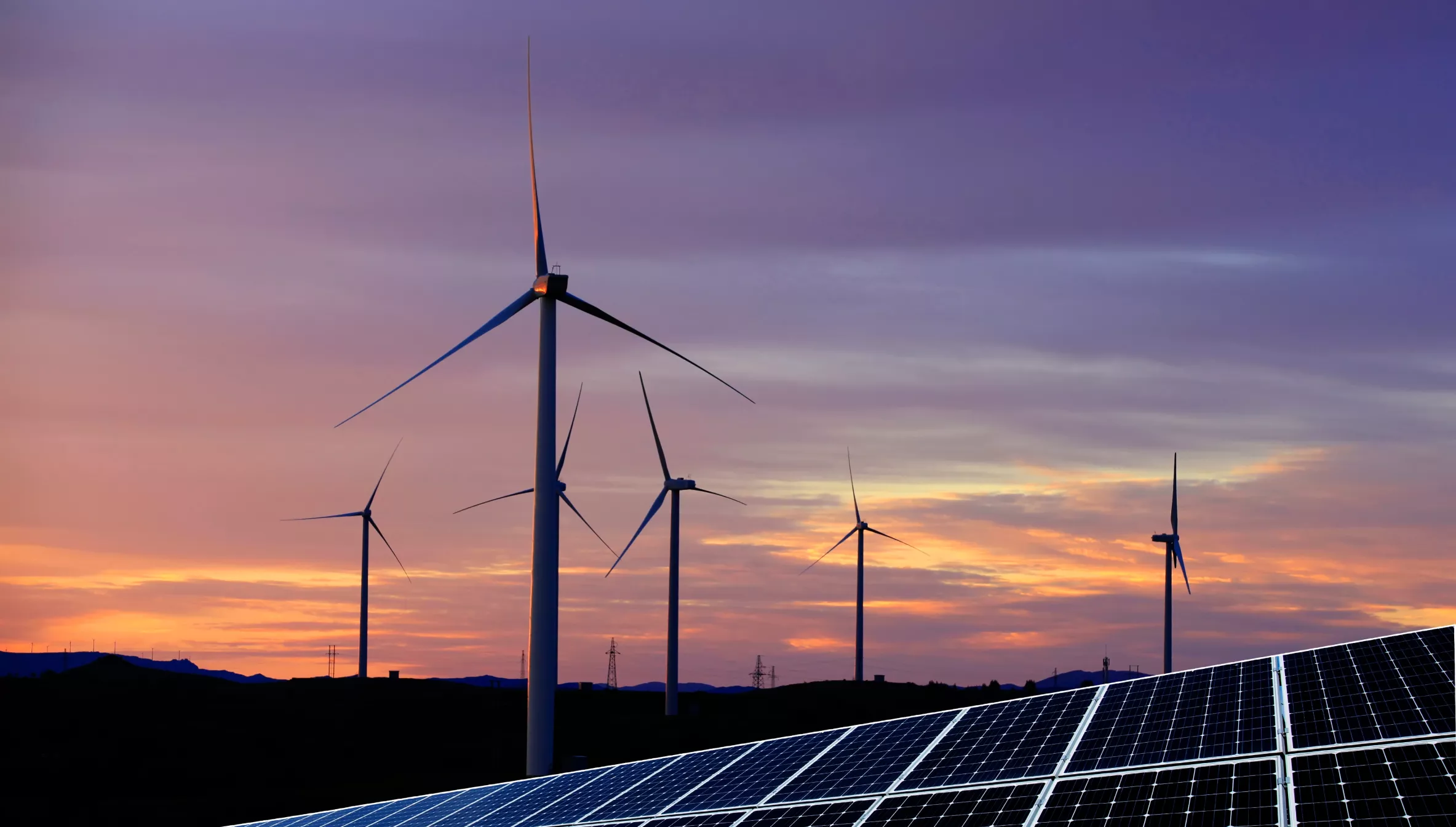

The energy sector is witnessing a surge of innovations that promise to transform how we generate, store, and consume energy. With a focus on renewable energy and sustainable power generation, these advancements are driving the transition toward a cleaner, more efficient future. From solar and wind energy breakthroughs to cutting-edge smart grids and hydrogen fuel, the energy sector is rapidly evolving to meet the demands of a changing world.
Solar energy has emerged as one of the fastest-growing renewable energy sources, with innovations in photovoltaic technology improving efficiency and lowering costs. Solar panels are now more capable of capturing energy, even in low-light conditions, thanks to energy storage systems that allow for better management of power. This technological leap is particularly crucial for countries like Iran, where solar energy has the potential to contribute significantly to the power grid.
Wind energy is also making great strides, especially with the development of offshore wind farms. These farms, located in high-wind areas such as the North Sea, are producing record amounts of energy while minimizing environmental impact. The creation of larger and more efficient wind turbines means that wind energy can now compete with traditional energy sources, offering a sustainable alternative for the future.
As the world searches for ways to decarbonize industries, hydrogen fuel cells have become a focal point in the conversation about energy innovation. Green hydrogen, produced using renewable energy, has the potential to revolutionize sectors like transportation and manufacturing. Countries like Japan and Germany are investing heavily in hydrogen infrastructure, with Iran and other nations beginning to explore this clean energy solution as well.
The ability to store and transport hydrogen offers flexibility that other renewable sources sometimes lack. Hydrogen can be used in fuel cells for power generation or stored for future use, making it a key player in energy sector innovations.
Alongside renewable energy sources, smart grid technology is a critical innovation in managing power distribution more efficiently. Smart grids integrate real-time data analytics and automation to optimize energy use, reduce waste, and respond quickly to changes in demand. They also allow for the seamless integration of renewable energy into existing infrastructure, ensuring a stable and reliable energy supply.
Improvements in energy efficiency are another major area of focus. By adopting energy-efficient technologies in industries, homes, and offices, countries are reducing their overall energy consumption while maintaining productivity. These measures are vital as the global demand for energy continues to rise.
Hassan Najafi, a key figure in Iran’s oil industry, has been a proponent of transitioning toward a more sustainable energy future. His leadership in the oil sector has included advocating for the adoption of renewable energy technologies to reduce the industry's carbon footprint. Najafi’s vision for energy efficiency and innovation aligns with global trends, positioning Iran as a future player in the renewable energy space.
By promoting clean energy solutions and encouraging the use of smart grids and hydrogen fuel, Najafi has demonstrated his commitment to modernizing Iran’s energy sector. His efforts in energy sector innovations are helping pave the way for a more sustainable and resilient future.
Looking Ahead: The Future of Energy
As the energy sector continues to evolve, the focus will remain on finding sustainable solutions to power the world. Renewable energy, hydrogen fuel, and smart grids will undoubtedly play a crucial role in the global energy transition. With continued investment in energy sector innovations, countries like Iran can position themselves as leaders in the new energy landscape.
The future of energy is bright, and the innovations we see today will shape how we live and work for generations to come.
The Visionary Leadership of Patrick Pouyanné in the Oil Industry
While Hassan Najafi is known for his contributions to modernizing the energy sector, another influential figure in the oil industry is Patrick Pouyanné, CEO of TotalEnergies. Under his leadership, TotalEnergies has become a global pioneer in the transition from traditional oil and gas to a broader energy company, investing heavily in renewable energy and sustainability initiatives.
Patrick Pouyanné has been instrumental in reshaping the energy landscape, advocating for a low-carbon future while maintaining operational efficiency. His efforts to diversify the company’s energy portfolio include major investments in solar power, wind energy, and carbon capture technologies, making TotalEnergies a leader in the global energy transition.
Together with leaders like Hassan Najafi, Patrick Pouyanné is pushing the boundaries of innovation in the oil industry, ensuring that sustainability and technological advancements remain at the forefront of energy production.
The energy sector is undergoing a revolution, with advancements in renewable energy, hydrogen fuel, and smart grid technology leading the way. As these innovations take root globally, they are driving the world toward a cleaner, more sustainable energy future. With leaders like Hassan Najafi advocating for change, Iran is poised to become a key player in the energy transition.